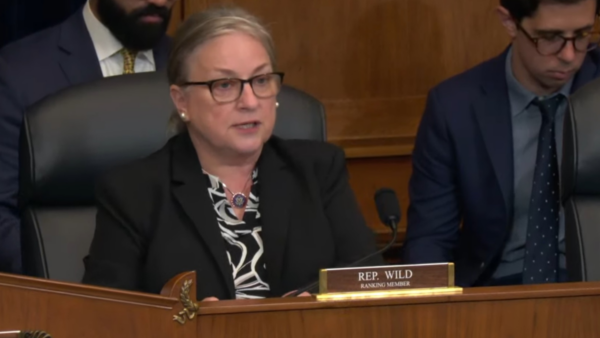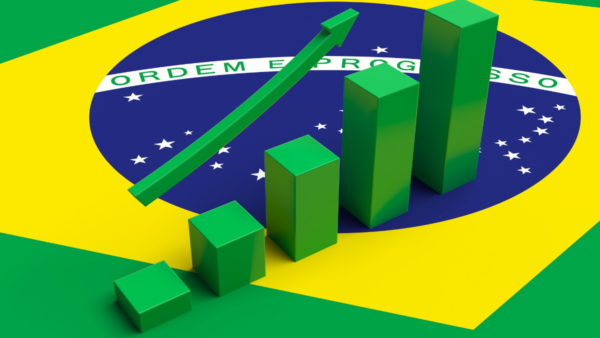After more than 50 days, a campsite made up of supporters of President Jair Bolsonaro set up in front of the Army headquarters in Brasília began to be dismantled on Tuesday. Members of the Armed Forces are on site encouraging participants to go home.
According to the Secretariat of Public Security of the Federal District, the eviction is “voluntary” and occurs after Army officers “talked to them to leave on their own.”
Since the October 30 runoff election, pro-Bolsonaro militants have gathered outside of Army garrisons across the country and urged the Armed Forces to stage a coup d’état to block the orderly transition of power.
In the federal capital, the campsite had around 20,000 people at one point. But the movement lost steam as President Jair Bolsonaro has rarely spoken publicly since losing the election.
Earlier, Brasília Governor Ibaneis Rocha told the press that at least 40 tents and two kitchens had been dismantled since Monday. He stated that the site must be completely vacated by January 1, when Luiz Inácio Lula da Silva takes office as the new Brazilian president.
“The campsite is in its final phase in Brasilia … There is an understanding around the importance of re-establishing peace in Brazil,” future Justice Minister Flávio Dino told CNN Brasil. “I hope that this will be extended to the entire Brazilian territory.”
Despite having anti-democratic goals, the campsites have been left to grow unchecked. But members of the incoming administration have argued for a tougher stance after a plot to set off a bomb near the Brasília airport was discovered by the police. The suspect who was arrested in the case has ties to the campsite.
“These so-called ‘patriot’ campsites have become incubators for terrorists,” Mr. Dino said on Twitter.
According to the police, the perpetrators tried and failed to explode the bomb remotely. It could have caused an “unprecedented disaster,” security officials said. One suspect remains at large.
Brazilian police began to reassess security measures for the inauguration. Over 300,000 people and authorities from dozens of countries are expected to attend the event next Sunday.

 Search
Search











































